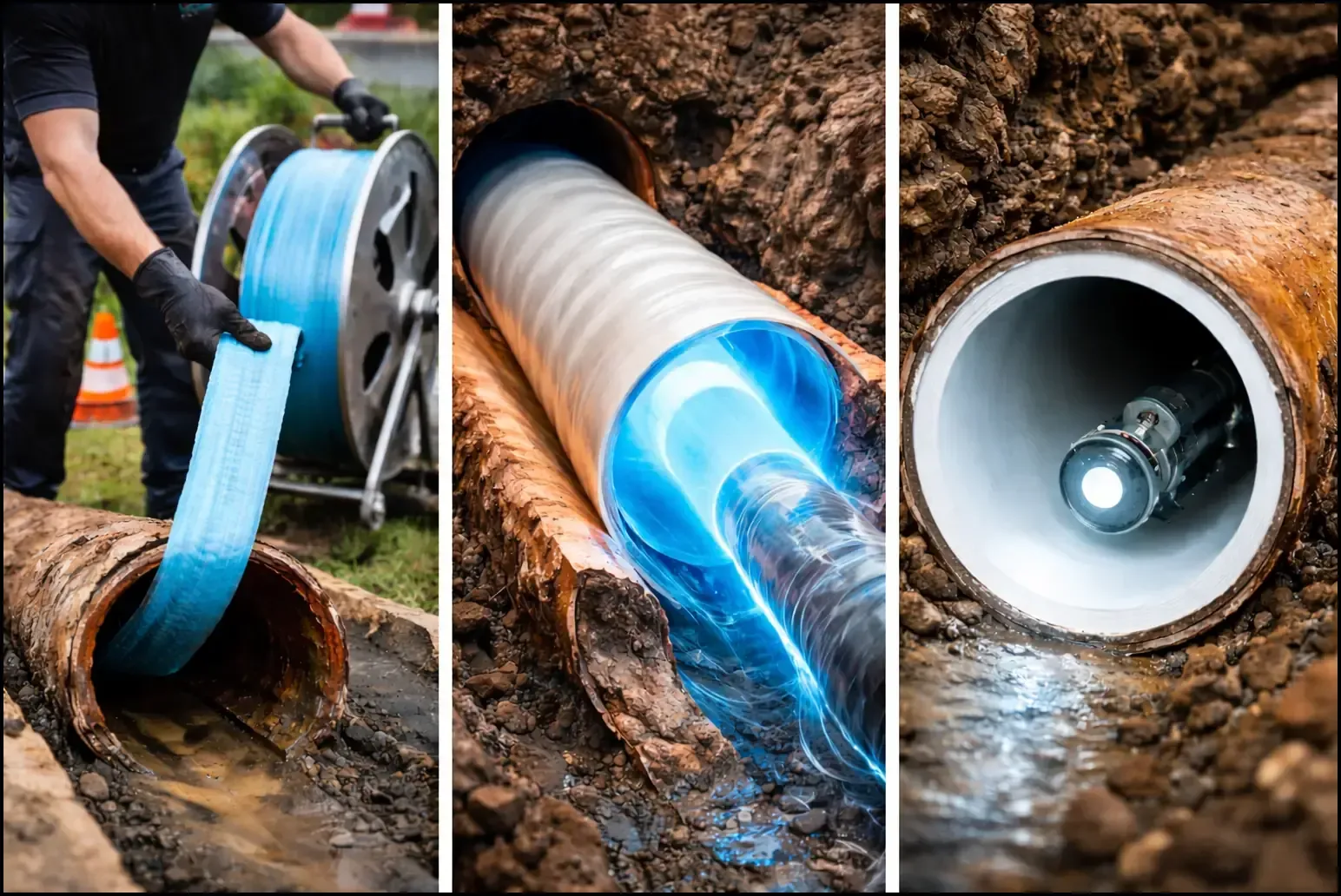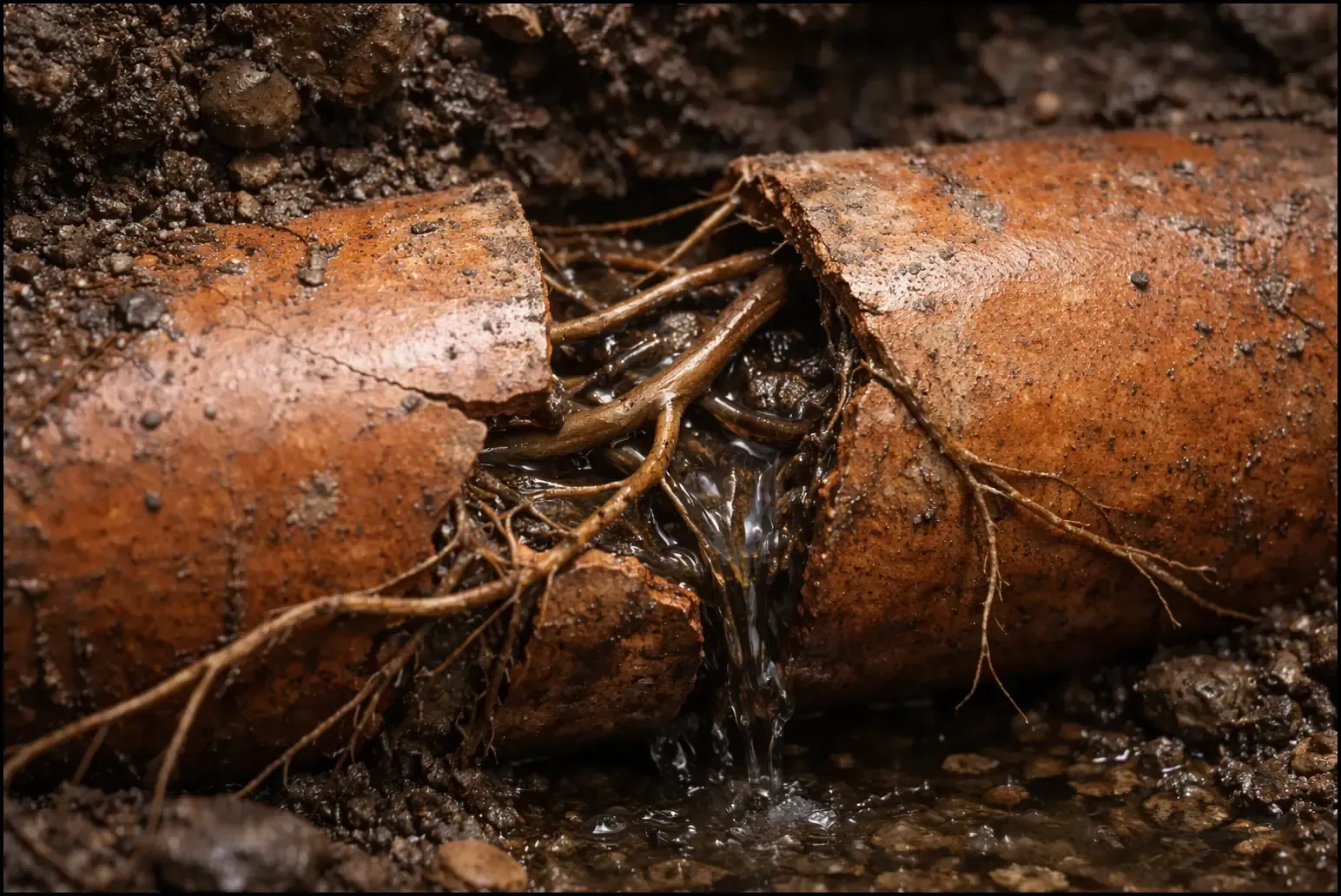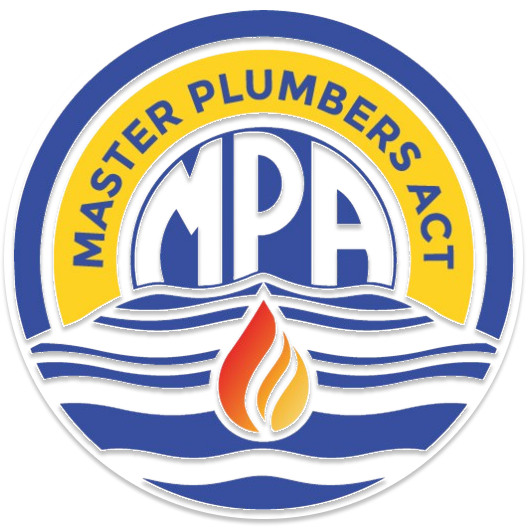Signs of Blocked Drains Before They Overflow
What Are the Signs of Blocked Drains
Before They Overflow?
Table of Contents:
Blocked and overflowing drains don't just happen overnight. Dealing with residential, commercial, or outdoor plumbing in Canberra?
Spotting the signs of
blocked drains before they overflow can save you serious headaches. Miss those early warning signs like slow draining water or unpleasant odours?
You'll face expensive water damage and compromised property integrity. Plus, you surely don't want sewage backing up where it shouldn't.
Let's walk through the tell tale signs that mean it's time to take immediate action.
Why Identifying Early Signs of Drain Blockages Before Overflows Matters
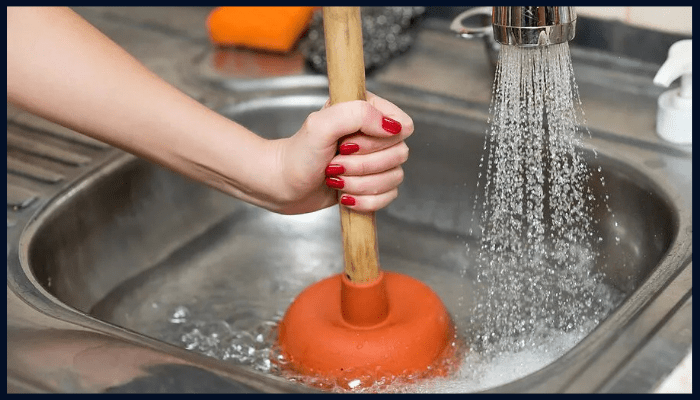
Plumbing maintenance paired with catching drainage issues early stops severe blockages. This prevents the ruining of your drainage systems.
Common Early Warning Signs of Blocked Drains
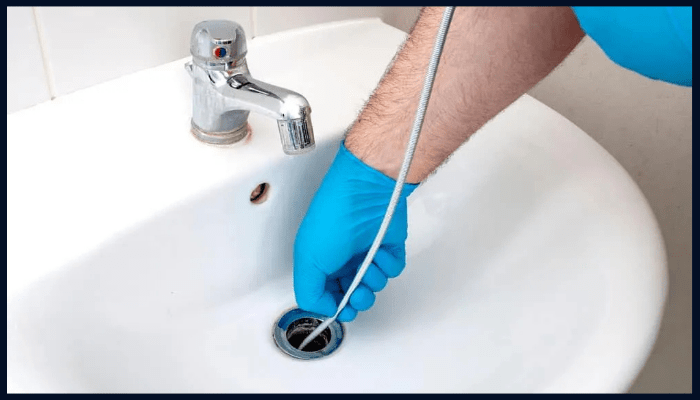
Slow Draining Fixtures
Notice your sink, shower drain, bath, or toilet taking ages to empty? That's usually soap scum, hair, grease, or food debris starting to build up in your pipes.
This sluggish water flow tells you a blockage is forming before things get worse (wastewater blockage warning signs: guidance from Sydney Water).
Gurgling Noises in the Plumbing
Those weird gurgling sounds coming from your toilet, sink or shower? That's trapped air in your sewer pipes trying to escape. It happens when water struggles past a partial blockage in your wastewater system.
Unpleasant Odours From Drains
When foul smell wafts up from kitchen sinks, showers or floor wastes, you've got organic matter like food scraps rotting in the pipes. These unpleasant smells warn you that waste isn't flushing properly through your sewer line.
Water Backing Up in Other Fixtures
Ever flush the toilet and watch water bubble up in your sink? That's your main sewer line telling you there's a shared blockage affecting multiple fixtures in your plumbing.
Frequent Clogged Drains
If the same drain keeps blocking despite your efforts to fix it, the real problem often lies deeper in your sewer network where debris has built up.
Some homeowners wonder if
water-saving fixtures increase the risk of blocked drains. In some cases, reduced water flow can make it harder for waste to flush properly, leading to recurring clogs.
Visible Signs Around the Property
Property owners should look for:
- Stagnant water
- Damp patches
- Mould near drains
- Overflow at outdoor wastewater points
Tree roots cracking pipes or causing ground subsidence are classic early signs of pipe damage that'll lead to more damage if ignored.
Causes of Blocked Drains That Lead to Overflow
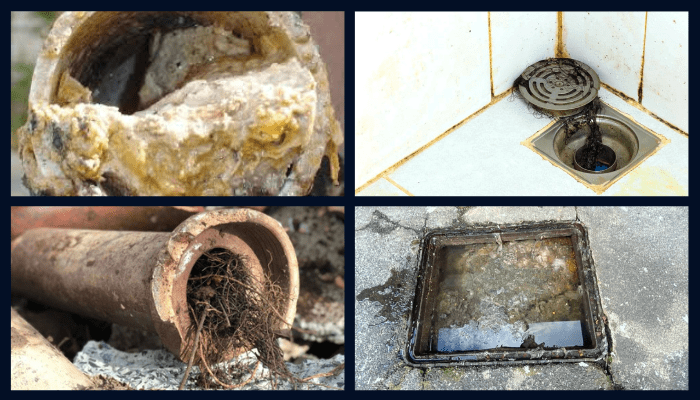
Common Household Culprits
Your kitchen sink cops it from food waste, grease, and coffee grounds creating nasty build up. In bathrooms, hair mixes with soap residue.
Wet wipes and sanitary products block pipes, even if they say they’re flushable. Too much toilet paper causes flushing problems too.
Remember: foreign objects and non biodegradable rubbish belong in the rubbish bin, never down your drains.
Outdoor and Structural Causes
Tree roots love invading sewer lines, seeking water and nutrients while destroying your pipes. Leaves and debris can block stormwater drains.
This often happens when trees are planted too near sewer pipes. Drainage problems can develop unnoticed underground. Eventually, warning signs appear, and you may end up with major sewer issues.
In cases where roots cause cracks or damage,
pipe relining
offers a long-term solution to
fix blocked drains without digging, restoring the pipe internally without the need for disruptive excavation.
When to Call a Licensed Plumber
Some tell tale signs mean you need a
professional plumber immediately:
Multiple fixtures slow draining or water backing up simultaneously. This tells you the main sewer line needs attention.
Persistent unpleasant smells or gurgling sounds from your plumbing won't fix themselves. Recurring clogged drains despite your best efforts signal deeper problems.
Overflowing wastewater or damaged pipes need quick action. If not addressed, sewage can cause even more harm.
Putting off that call to a plumber risks your property and leaves you dealing with unsafe overflow. A licensed plumber has the right tools for inspections, pipe relining, and drain cleaning.
This helps restore water flow and stops blockages from coming back.
How to Prevent Blockages Before They Escalate
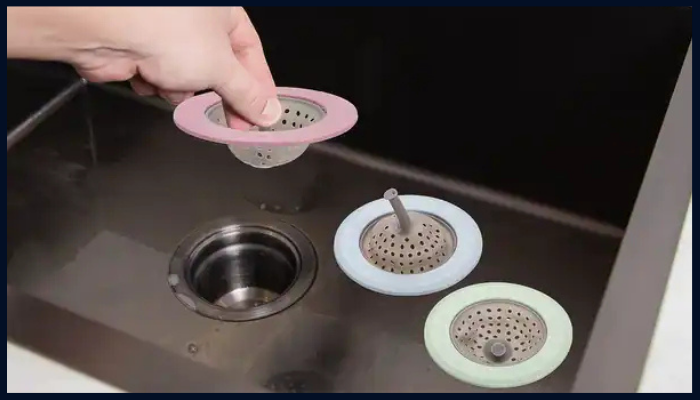
Chuck cooking fats, grease, and food waste in your rubbish bin where they belong, not down the sink
disposing of fats, oils and grease correctly. Never flush sanitary products, wet wipes, or other foreign objects down the toilet, no matter what the packaging says.
Install drain strainers and actually clean them regularly to catch debris before it enters your pipes. Book regular maintenance checks. Especially if you've got an older property surrounded by trees with invasive roots.
When it comes to
DIY vs professional
drain repairs, save simple tricks like plungers or baking soda and vinegar for minor clogs just don’t fall for common
myths about blocked drains that claim home remedies can fix serious plumbing issues.
When multiple drains play up or you suspect severe blockages, call a professional plumber who knows what they’re doing.
Conclusion
Catching early signs saves you from expensive disasters and property damage. Look for slow draining fixtures, gurgling noises, foul odours, or unexpected water backing up.
Acting fast keeps your plumbing healthy. It protects your property and prevents small issues from turning into big emergencies.
If you spot any warning signs getting a professional plumber makes the smartest move. Particularly in Canberra where seasonal leaf fall and tree root intrusion wreak havoc.
Frequently Asked Questions
What Are the Most Common Early Signs of Blocked Drains Before They Overflow?
Look out for slow drains in sinks or showers. Also, listen for gurgling sounds in your plumbing. Pay attention to any bad smells, repeated clogs, and water backing up into other fixtures.
Why Does My Toilet or Shower Drain Make Gurgling Noises?
Gurgling noises mean trapped air in your wastewater pipes. This happens when blockage in the sewer line or main sewer pipe stops water flow properly.
What Causes Unpleasant Smells in Household Drains?
Food scraps, grease, or other debris rotting in your plumbing system create those unpleasant odours. As organic matter decomposes, it releases gases producing that foul smell.
Can Tree Roots Really Cause Damage to Sewer Pipes and Wastewater Systems?
Absolutely. Tree roots rank among Canberra's worst sewer issues. They invade tiny cracks in sewer pipes, expand inside, and create severe blockages plus pipe damage.
How Do I Stop Water Backing Up in My Sink When the Toilet is Flushed?
Water backing between fixtures signals blockage in your main sewer line. Contact a licensed plumber for immediate action before sewage starts overflowing.
Why Do Clogged Drains Keep Coming Back Even After I Clear Them?
Recurring clogged drains usually mean deeper blockage lurks in your sewer network. Surface clearing won't fix underlying build up or structural damage.
What Should Property Owners Do When Several Drains Are Slow at Once?
Multiple slow drains point to bigger problems in your main sewer line. Property owners should stop flushing foreign objects. Instead, call a professional plumber right away.
How Can I Prevent Blockages and Protect the Structural Integrity of My Home?
Keep food waste, grease, sanitary products, and wet wipes out of drains completely. Regular drainage system maintenance protects pipes and prevents more damage.
When is It Best to Call a Licensed Plumber Instead of Trying DIY Fixes?
Call a plumber if you have repeated clogs, bad odors, water backing up in several spots, or signs of sewage overflow.
How Does Regular Maintenance Help Prevent Drainage Issues in Older Properties?
Regular inspections and cleaning prevent blockages from getting worse. They also lower the risk of overflow and keep your plumbing system in good shape. Older homes with ageing wastewater pipes especially need this attention. It is important to spot the signs of blocked drains before they overflow.
Other Resources:
Statistics on Stormwater Drain Blockages
Canberra vs Other Australian Cities: Who Has the Worst Blocked Drains?

